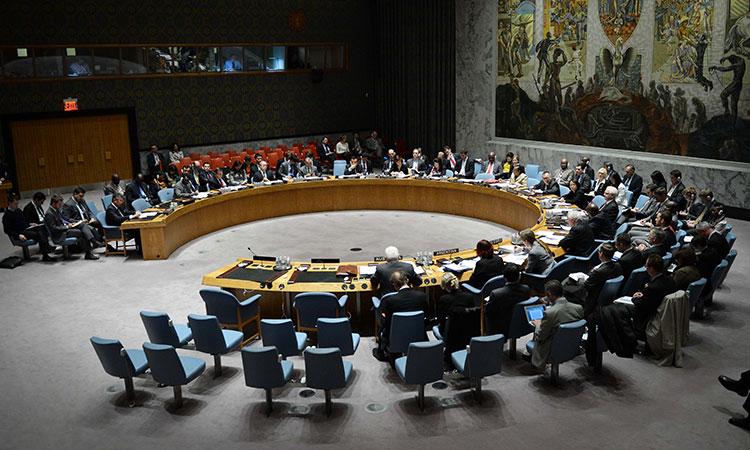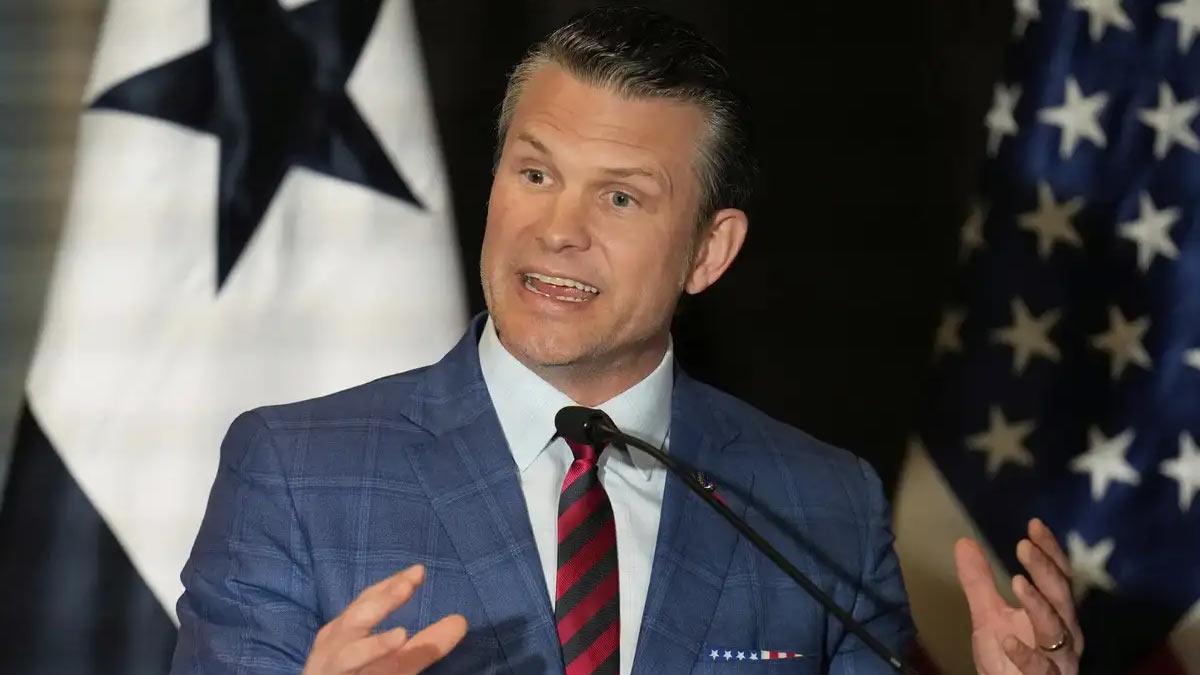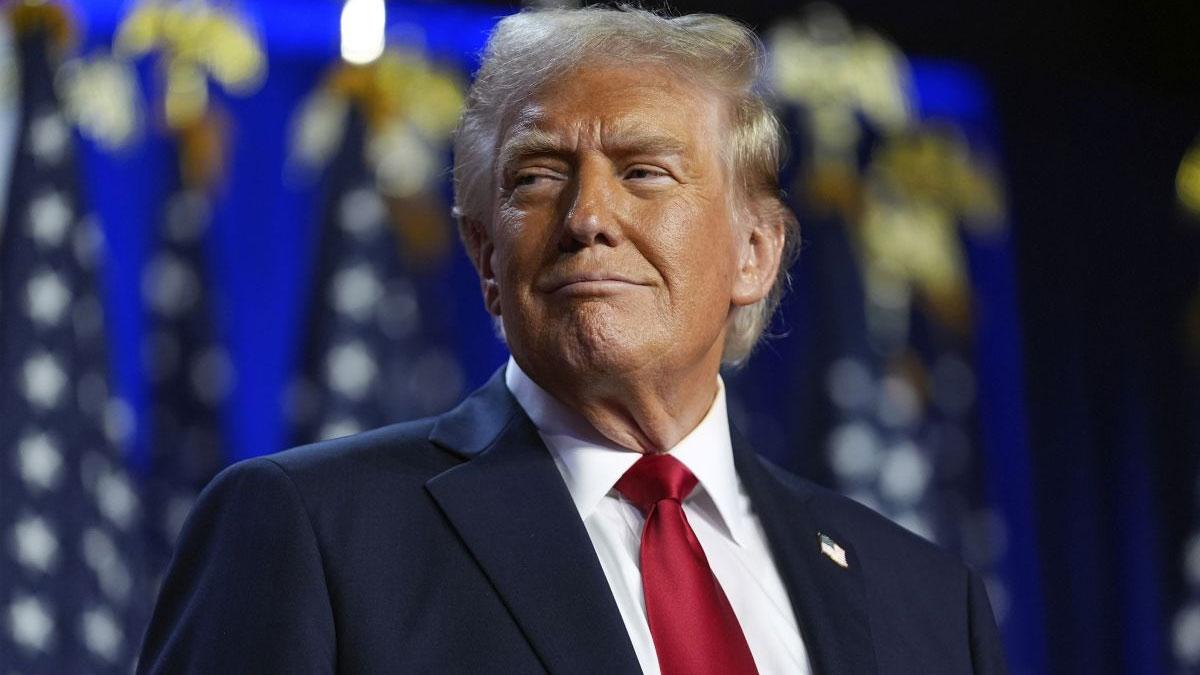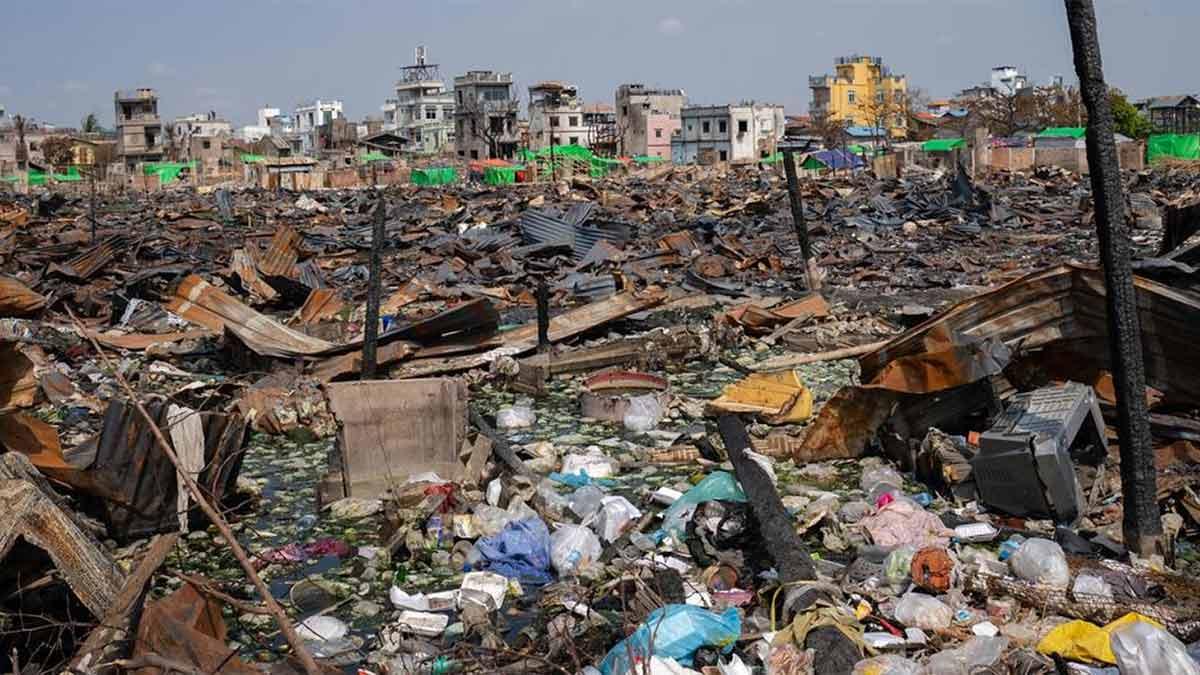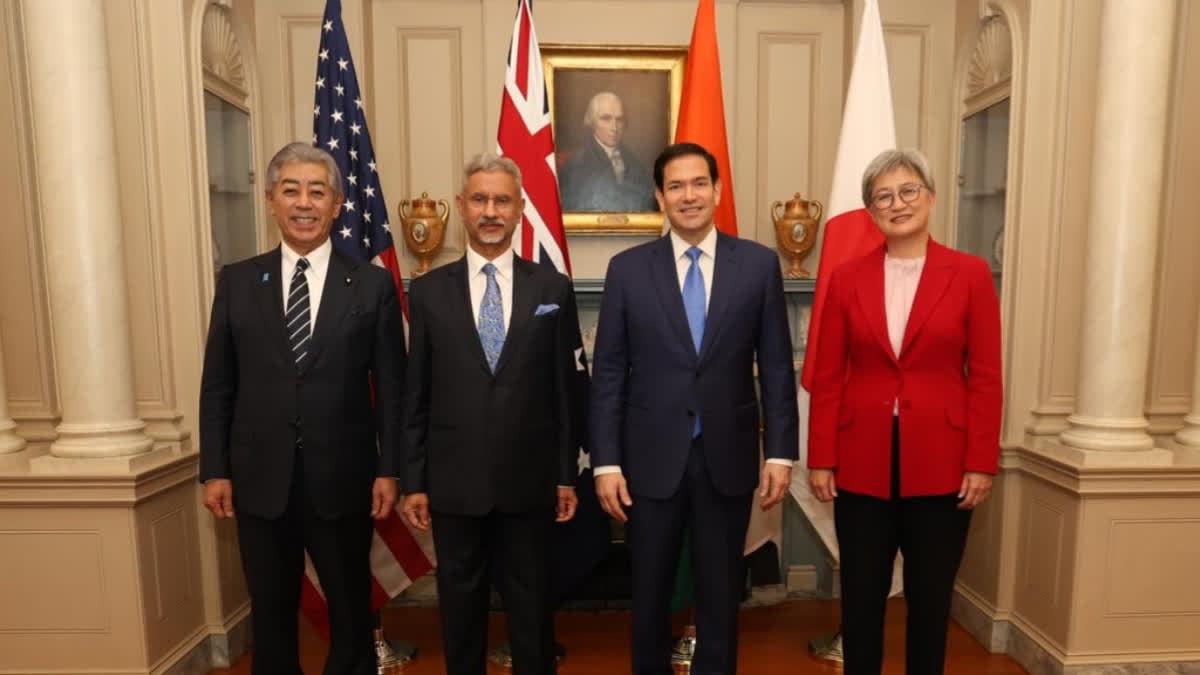Putting a spotlight on the Security Council’s inability to deal with contemporary challenges, India, Brazil, Germany and Japan have said that they would “intensify” dialogue with all countries to get the Council reformed within a definite time frame. Representatives from the four countries known as the G4, which advocate for Council reforms and back each other’s candidacy for permanent seats on an expanded Council, met on the sidelines of the General Assembly on Thursday to discuss the state of the long-stalled negotiations for Council reforms and chart their course of action.
Foreign Ministers Mauro Vieira of Brazil, Annalena Baerbock of Germany, and Yoko Kamikawa of Japan participated in the meeting, while in the absence of External Affairs Minister S. Jaishankar, India was represented by Sanjay Verma, Secretary (West).
In a joint statement, they said they would “intensify dialogue with all member states, with an aim to achieve concrete outcomes within a fixed time frame”.
They noted two “milestone events,” the Summit of the Future next year and the UN’s 80th anniversary in 2025, as targets “for decisive progress and tangible results on Security Council reform”.
“The longer it takes to reform the UN Security Council, the more its effectiveness will be called into question”, they said.
While “multilateralism is under significant strain due to multiple and complex crises”, they said the Council’s “inability to effectively and timely address contemporary global challenges reinforces the urgent need for its comprehensive reform so that it better reflects contemporary geopolitical realities”.
They said that the expansion of the permanent and non-permanent categories of membership of the Council “is essential to make the body more representative, legitimate, effective and efficient” and noted that a high number of countries have acknowledged the need for reforms.
Historical injustice was done in the architecture of the Council to the countries of Africa, Latin America and the Caribbean, they noted and said that their representation should be increased.
They expressed support for the common African position that the continent should get two permanent seats and five non-permanent seats.

